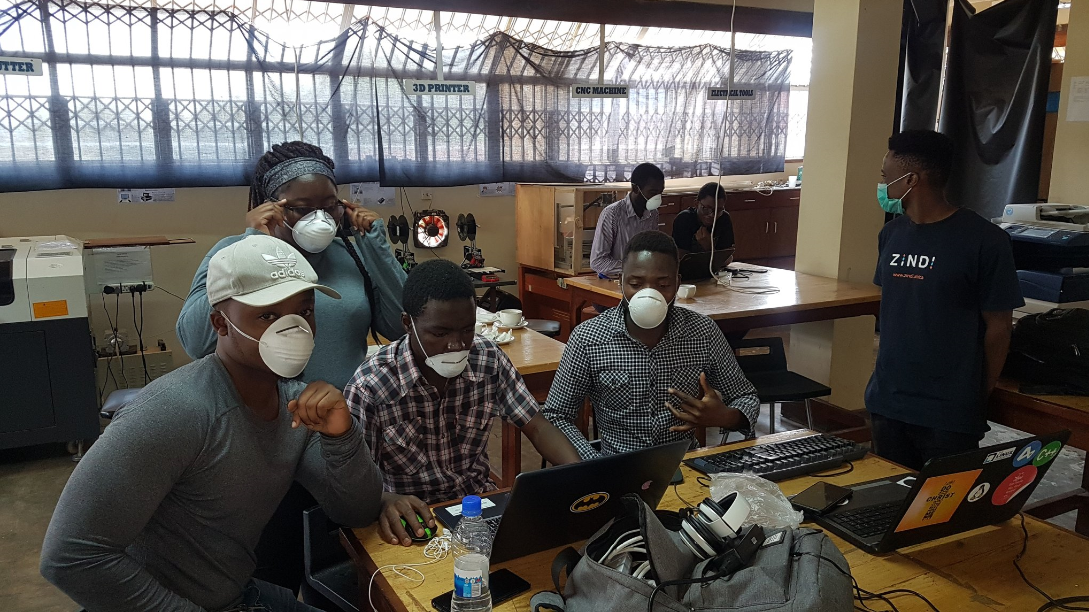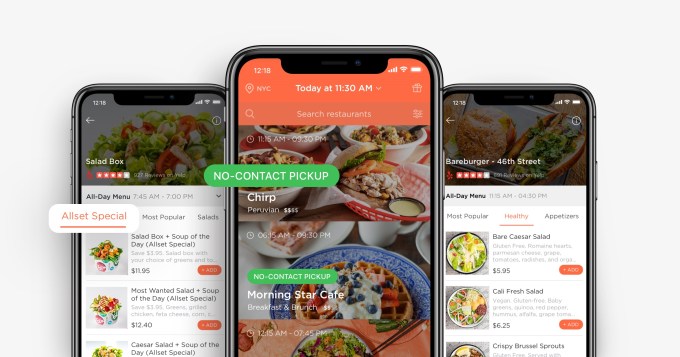In March, the virus gripping the world — COVID-19 — started to spread in Africa. In short order, actors across the continent’s tech ecosystem began to step up to stem the spread.
Early in March Africa’s coronavirus cases by country were in the single digits, but by mid-month those numbers had spiked leading the World Health Organization to sound an alarm.
“About 10 days ago we had 5 countries affected, now we’ve got 30,” WHO Regional Director Dr Matshidiso Moeti said at a press conference on March 19. “It’s has been an extremely rapid…evolution.”
By the World Health Organization’s stats Tuesday there were 3671 COVID-19 cases in Sub-Saharan Africa and 87 confirmed deaths related to the virus — up from 463 cases and 8 deaths on March 18.
As the COVID-19 began to grow in major economies, governments and startups in Africa started measures to shift a greater volume of transactions toward digital payments and away from cash — which the World Health Organization flagged as a conduit for the spread of the coronavirus.
Africa’s leader in digital payment adoption — Kenya — turned to mobile-money as a public-health tool.
At the urging of the Central Bank and President Uhuru Kenyatta, the country’s largest telecom, Safaricom, implemented a fee-waiver on East Africa’s leading mobile-money product, M-Pesa, to reduce the physical exchange of currency.
The company announced that all person-to-person (P2P) transactions under 1,000 Kenyan Schillings (≈ $10) would be free for three months.
Kenya has one of the highest rates of digital finance adoption in the world — largely due to the dominance of M-Pesa in the country — with 32 million of its 53 million population subscribed to mobile-money accounts, according to Kenya’s Communications Authority.
On March 20, Ghana’s central bank directed mobile money providers to waive fees on transactions of GH₵100 (≈ $18), with restrictions on transactions to withdraw cash from mobile-wallets.
Ghana’s monetary body also eased KYC requirements on mobile-money, allowing citizens to use existing mobile phone registrations to open accounts with the major digital payment providers, according to a March 18 Bank of Ghana release.
Growth in COVID-19 cases in Nigeria, Africa’s most populous nation of 200 million, prompted one of the country’s largest digital payments startups to act.
Lagos based venture Paga made fee adjustments, allowing merchants to accept payments from Paga customers for free — a measure “aimed to help slow the spread of the coronavirus by reducing cash handling in Nigeria,” according to a company release.
In March, Africa’s largest innovation incubator, CcHub, announced funding and engineering support to tech projects aimed at curbing COVID-19 and its social and economic impact.
The Lagos and Nairobi based organization posted an open application on its website to provide $5,000 to $100,000 funding blocks to companies with COVID-19 related projects.
CcHub’s CEO Bosun Tijani expressed concern for Africa’s ability to combat a coronavirus outbreak. “Quite a number of African countries, if they get to the level of Italy or the UK, I don’t think the system… is resilient enough to provide support to something like that,” Tijani said.
Cape Town based crowdsolving startup Zindi — that uses AI and machine learning to tackle complex problems — opened a challenge to the 12,000 registered engineers on its platform.
The competition, sponsored by AI4D, tasks scientists to create models that can use data to predict the global spread of COVID-19 over the next three months. The challenge is open until April 19, solutions will be evaluated against future numbers and the winner will receive $5,000.
Zindi will also sponsor a hackathon in April to find solutions to coronavirus related problems.

Image Credits: Sam Masikini via Zindi
On the digital retail front, Pan-African e-commerce company Jumia announced measures it would take on its network to curb the spread of COVID-19.
The Nigeria headquartered operation — with online goods and services verticals in 11 African countries — said it would donate certified face masks to health ministries in Kenya, Ivory Coast, Morocco, Nigeria and Uganda, drawing on its supply networks outside Africa.
The company has also offered African governments use of of its last-mile delivery network for distribution of supplies to healthcare facilities and workers.
Jumia is reviewing additional assets it can offer the public sector. “If governments find it helpful we’re willing to do it,” CEO Sacha Poignonnec told TechCrunch.
More Africa-related stories @TechCrunch
- Visa partners with Paga on payments and fintech for Africa and abroad
- Did African startups raise $496M, $1B or $2B in 2019?
- A snapshot of the leading startups in Africa’s top VC markets
African tech around the ‘net
- Twitter CEO will ‘reevaluate’ plan to spend months in Africa citing coronavirus concerns
- EWB Canada launches $24M Africa-focused tech venture fund
- Nigeria rolls out broadband to boost growth
from TechCrunch https://ift.tt/342yFEc


